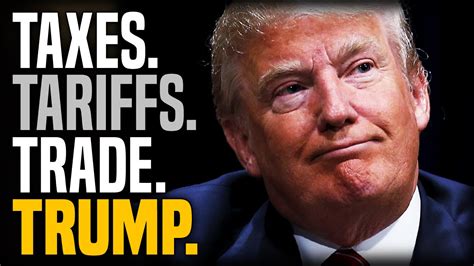President Trump’s bold move to impose tariffs on trading partners sent shockwaves through the global economy. The announcement was reminiscent of Britain’s decision to exit the European Union, disrupting established norms.
The repercussions of these tariffs are profound, raising concerns about the future of free trade. While some view it as a necessary step to protect American interests, others fear its potential negative consequences on the global market.
## Unraveling Free Trade
Economists emphasize that despite setbacks, free trade has been a driving force behind economic growth worldwide. The interconnectedness fostered by open markets has brought prosperity to many nations.
### Expert Insight
According to Eswar S. Prasad, a prominent trade policy professor,
“The world may pivot towards promoting free trade among themselves in response to this retreat from unfettered globalization.”
While Mr. Trump’s actions signal a shift away from unrestricted free trade, experts believe that countries will seek alternative avenues to maintain economic cooperation and mitigate any adverse effects.
## Global Economic Turbulence
As the world grapples with this new trade landscape, there is anticipation of heightened uncertainty and volatility in international markets. The ripple effects of these tariffs could trigger a wave of changes across various industries.
### Expert Analysis
Economic analysts predict that Mr. Trump’s departure from prevailing trade norms could lead to widespread disruption in global commerce. However, they also highlight the resilience of economies in adapting to shifting paradigms over time.
Despite initial challenges and upheavals caused by protectionist measures, history shows that economies have an inherent ability to recalibrate and find equilibrium under new circumstances.
## Path Forward for International Trade
Amidst the uncertainties surrounding these tariffs, there is optimism regarding the resilience of global trade systems. Countries may explore innovative strategies to maintain collaborative frameworks independent of traditional structures.
### Expert Viewpoint
Experts suggest that nations might form regional alliances or bilateral agreements as alternatives to uphold principles of free trade outside conventional frameworks like those promoted by previous U.S. administrations.
While Mr. Trump’s tariff policies signal a departure from established norms, they also serve as catalysts for reevaluating existing trade dynamics and fostering new approaches towards international economic cooperation.

